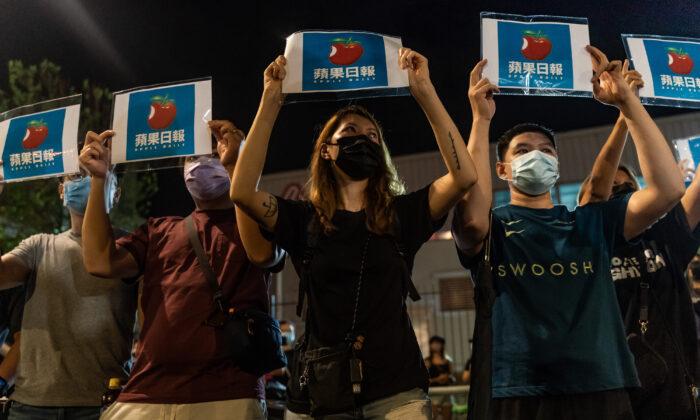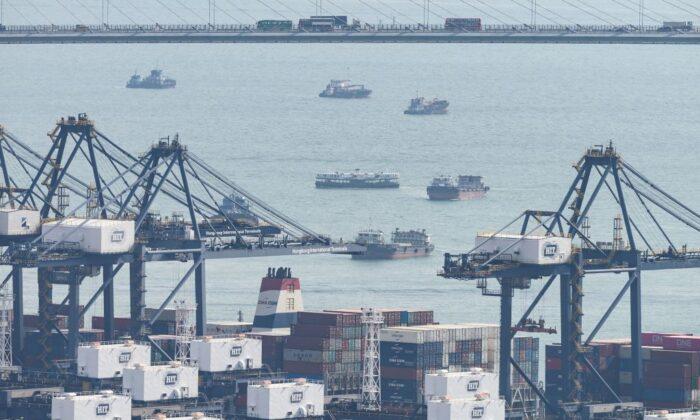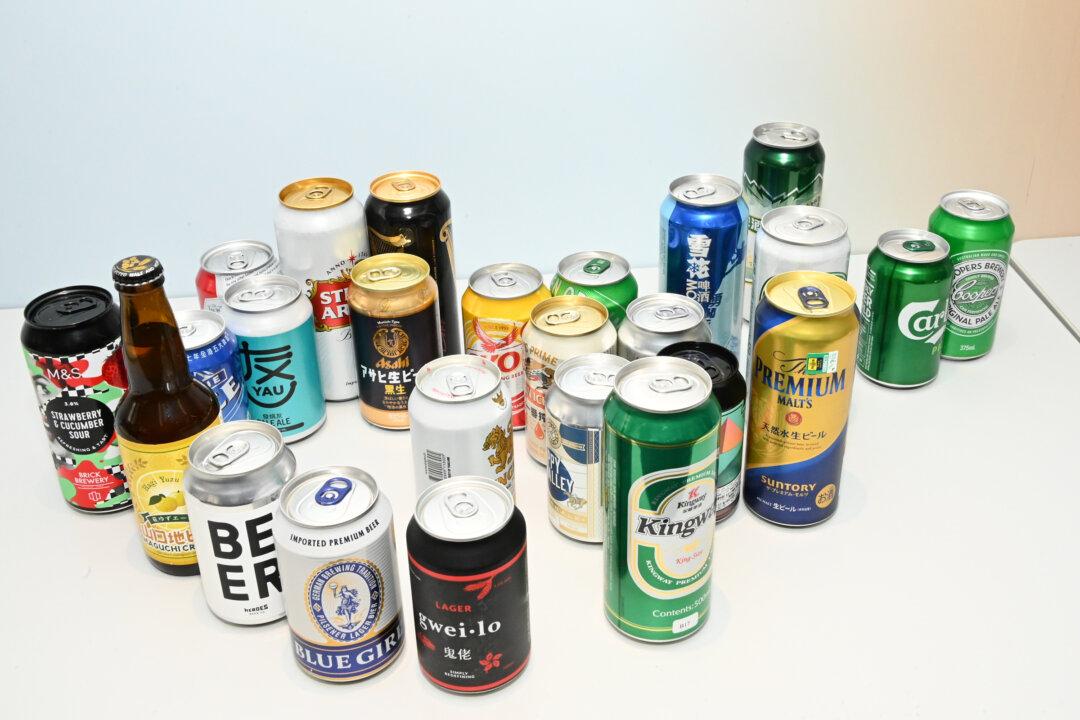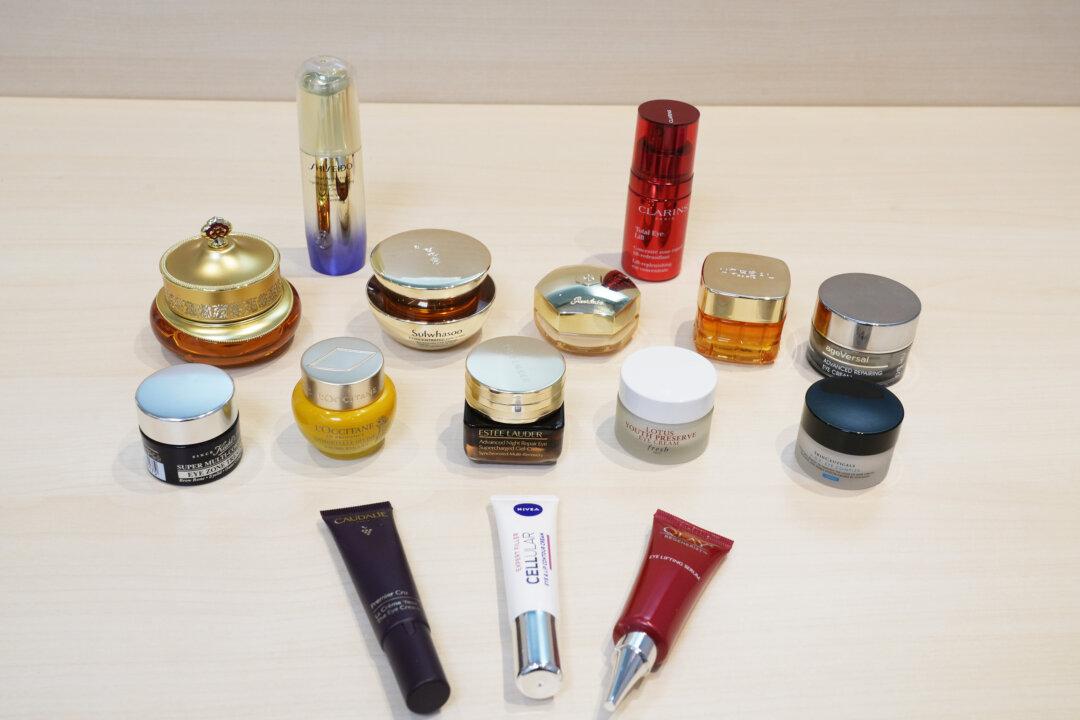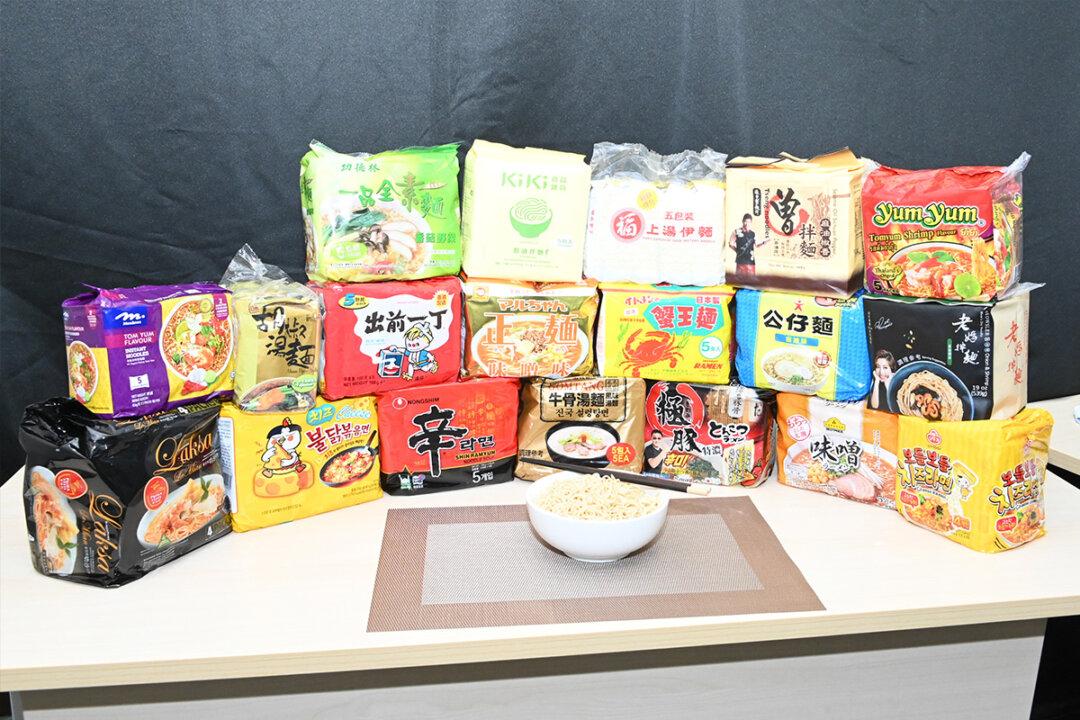Since 2013, the HKJA has collaborated with the Hong Kong Public Opinion Research Institute (PORI) to conduct the annual Press Freedom Index survey. In this year’s survey, PORI interviewed 1,026 Cantonese-speaking Hong Kong residents aged 18 or above between March 6 and March 20, 2023. The HKJA interviewed 249 journalists between March 9 and April 13, including reporters, translators, photojournalists, news editors, chief editors, and managing editors.
The survey found that the latest Press Freedom Index in Hong Kong received a public rating of 41.4, a decrease of 0.6 points compared to the previous year, while journalists gave it a rating of only 25.7, a decrease of 0.5 points from the prior year. Both ratings represent the lowest in the survey’s history ever since it began in 2013. About 91 percent of surveyed journalists and 46 percent of the public believed that press freedom has regressed compared to a year ago.
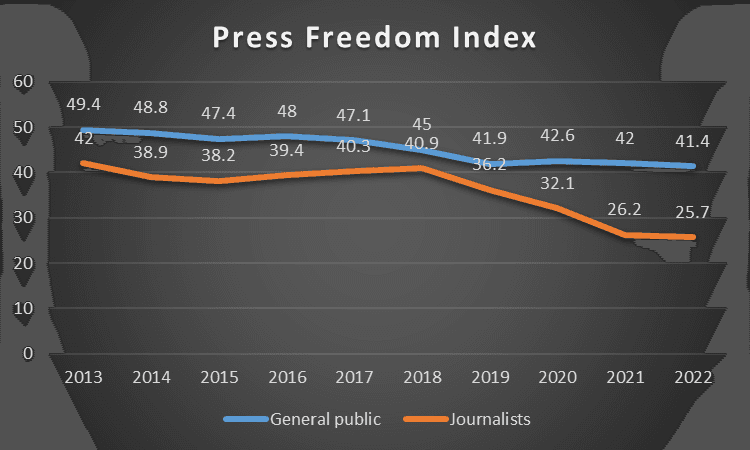
The Press Freedom Index consists of ten components, with a scale of 0 to 10, where 10 represents the highest level of press freedom.
Regarding the public’s perspective, the lowest rating was for “hesitation in criticizing the central government,” which received a score of 3.1 (the lower the score, the greater the perception of hesitation), a decrease of 0.3 points from the previous year. This was followed by “pressure exerted by media supervisors or by their management on journalists” (3.4) and “hesitation in criticizing the Hong Kong government” (3.8).
For journalists, the lowest rating also went to “hesitation in criticizing the central government” (1.5), experiencing a significant drop of 0.7 points from the previous year. This was followed by “self-censorship” (1.8) and “hesitation in criticizing the Hong Kong government” (2.5).
According to the HKJA, the main reason for the decline in the 2022 Press Freedom Index was the perception that media outlets exhibit constraints when criticizing the Beijing and Hong Kong governments, leading to self-censorship. The working environment for journalists has rapidly deteriorated since 2019, with arrests and charges brought against the management and editorial staff of Apple Daily and Stand News for violating National Security law and sedition law, leading to the closure of both media organizations in 2021.

Regarding the perceived damage to press freedom, approximately 90 percent of surveyed journalists believed the charges against former senior staff members of Stand News with sedition had inflicted significant harm. In comparison, around 96 percent believed the accusations against media tycoon Jimmy Lai under the National Security Law had caused considerable damage. Additionally, 90 percent and 88 percent of surveyed journalists perceived significant harm to press freedom from the government’s condemnation of media organizations for publishing “misleading” content and advocating for legislation to regulate fake news, respectively. A striking 96 percent of surveyed journalists believed the charges against media tycoon Mr. Jimmy Lai severely or greatly damaged press freedom.
As for the public, 49 percent of the respondents thought that the 2021 charges of violation of national security law and sedition by several media bosses or executives would be quite or extremely harmful to press freedom.
In terms of self-censorship, while the rating for “self-censorship due to pressure” among surveyed journalists remained unchanged from the previous year, the latest ratings for “editing/deleting/rejecting reporters’ articles due to concerns of offending business tycoons/consortia/the local government/the central government'” were 7.3, 5.3, and 4.8, respectively, showing an increase of 0.4, 0.3, and 0.1 points compared to the previous year. Furthermore, 89 percent of surveyed journalists believed that the government was one of the sources suppressing press freedom.
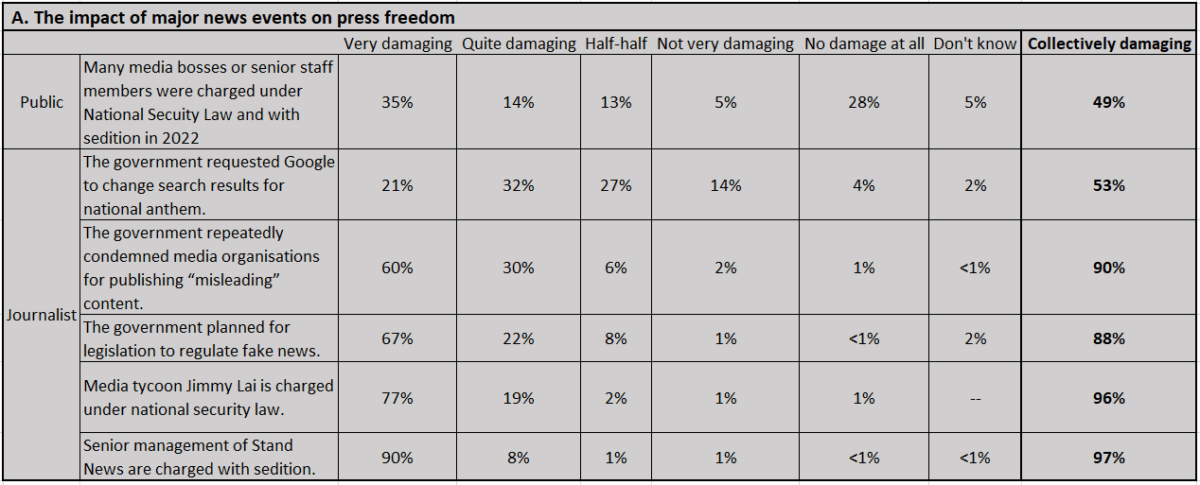
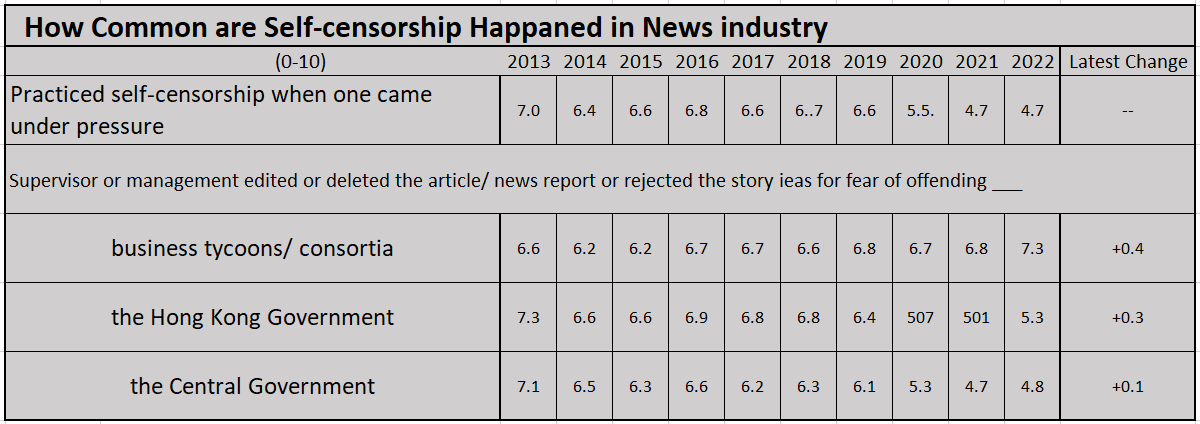
The HKJA: The Bitter Winter for the Media Industry Continues
The HKJA emphasized that the bitter winter for the media industry has yet to pass. Prominent media figures, including Veteran journalist and former Stand News opinion writer Mr. Allan Au Ka-lun, was arrested in April on suspicion of conspiring to publish seditious materials. In June of the same year, Investigative news outlet Factwire announced its closure. In September of the same year, HKJA’s chairperson Mr. Ronson Chan was arrested and charged with obstructing police.Furthermore, following Zun Zi, a Ming Pao political cartoonist for 40 years, was condemned by the Hong Kong police through a letter not long before being publicly criticized by the Hong Kong government officials six times. Eventually, Ming Pao put an end to the satirical comic column.
The HKJA believes that the Hong Kong government’s repeated attacks on journalists with massive resources and public power reflect that Hong Kong cannot tolerate criticism and will pose a chilling effect on the press. If the flow of information and the freedom of the press is undermined, the business environment will be affected. The HKJA emphasizes the need to protect the freedom of the press to maintain Hong Kong’s status as an international financial center in Asia.
